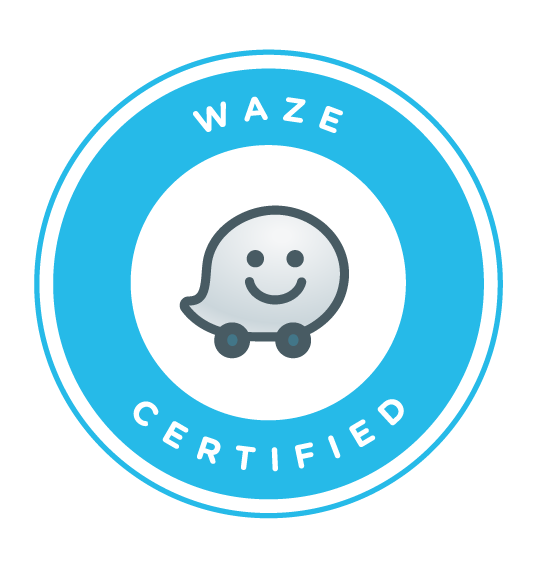
If you’re in SEO or web development you’ve probably heard of the one page website. Even if you haven’t heard the term, you’ve almost certainly browsed one. When done correctly, they can certainly be stylish, but can one page website SEO really work? While there are elements of the one page website that are potentially SEO friendly, the pros are largely outweighed by the cons.
This post will lead you through the SEO negatives of having a one page website.
Authority
Authority is one of the key aspects of SEO. The more authority you have in your field, the more likely Google is to place you high in its SERP.
One way Google measures authority is by links, external and internal. If you have links to your website from a high authority website, such as the Guardian or the New York Times, then Google knows your website is trustworthy, and that it contains content worth linking to.
One page websites are particularly flawed in this respect as all links must by necessity link to that one single page. On a multi page website, the same number of links are likely to be valued more highly by Google due to the fact that they are dispersed throughout the website.
Only having one page is also likely to impact upon your domain authority. Domain authority is measured by a number of factors, such as technical SEO and backlinks. The scope for backlinking on one page websites is severely restricted. Linking to new pages on the same website is simply not possible on a one page site.
Content
Another way SEO is measured is relevancy. This takes into account how relevant the content on your site is to a particular query. Digital marketers can exploit this by producing content which is likely to match their target audience’s search queries.
One way this is done is by optimising the website for certain keywords. Once again, single page websites are limited in this respect by the range of keywords they can target.
A single page website may be able to rank well for primary keywords, but it will fall down when it comes to optimising for subtopics and terms. Indeed, a single page website is highly likely to dilute relevancy for topics and terms that would rank much better on their own page.
In the Google Hummingbird update, for example, search queries are matched to relevant documents, not just the words on a page. In this case, it would be more effective to have a number of dedicated pages to a specific category, each optimised with keywords, than to have all categories on one page.
Spiders and Speed
At the heart of the issue with one page websites and SEO is the way Google crawls and indexes webpages. The spiders that Google uses to crawl the web are limited in functionality and generally do not execute JavaScript, which one page websites rely on to generate ‘new’ pages using the # anchor. This means that any website which uses this method runs the risk of being unintelligible to Google’s crawlers.
Another factor Google takes into account when determining the quality of your website is loading speed. This is an obvious flaw of the one page websites as, with lots of content and media on a single page, they do tend to be slow loading websites.
So, while we can certainly appreciate the aesthetic appeal of one page websites, we remain unconvinced of their suitability for SEO.
If you have SEO related queries then please don’t hesitate to get in touch with us at 01603 343477





